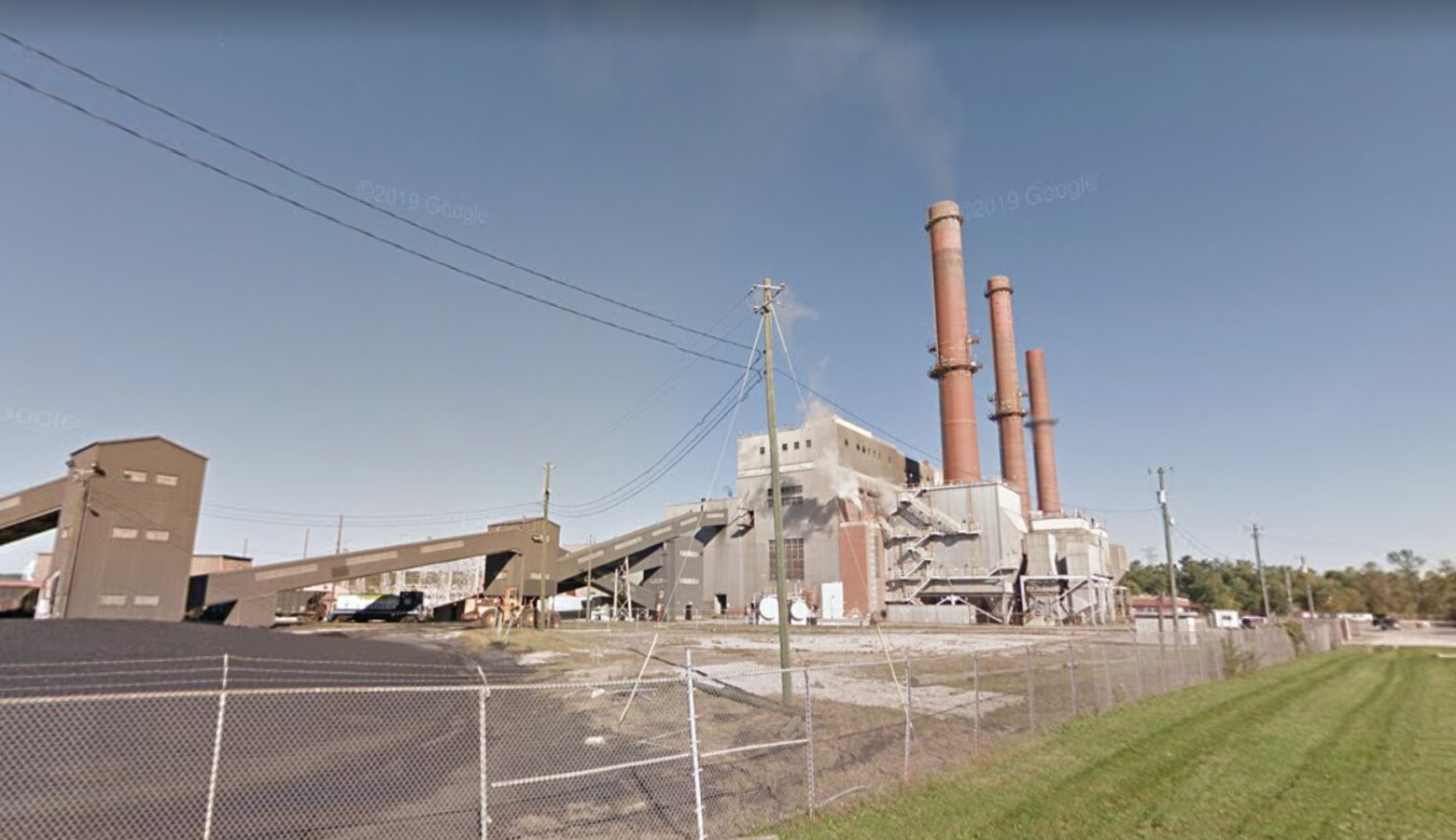EPA Applauds Indiana Counties, Cities That Now Meet Air Quality Standards

Morgan County joins Indianapolis and Muncie in meeting some of its air quality goals this year. According to the Environmental Protection Agency, the county now meets the standard for sulfur dioxide — a toxic gas that can make it more difficult to breathe and, in some cases, can be life threatening.
The EPA says the county was able to decrease sulfur dioxide pollution because Indianapolis Power and Light switched its Eagle Valley coal plant to natural gas. The Hydraulic Press Brick company also started using a certain pollution control technology.
Since 2017, 26 areas in the Midwest region of the EPA meet air quality standards that they didn’t before. EPA Region 5 Administrator Kurt Thiede says the region now leads EPA regions in the country in achieving these air quality goals.
“It means millions of people throughout the region are now breathing cleaner, safer air. It also means businesses face a more efficient permitting process, which results in increased economic opportunities and jobs for those communities,” he said.
Janet McCabe directs Indiana University’s Environmental Resilience Institute and used to work in the EPA’s Office of Air Quality. She says as the Trump administration advocates for more economic development, it likely prefers to have more areas that meet the standards. Those areas have fewer restrictions for businesses moving in.
Former EPA Administrator Scott Pruitt tried to delay designating counties that didn’t meet air quality standards — but was challenged in court.
“So I think we’ve seen, with this administration, a tendency to err on the side of not naming things as not meeting the standard, if given the opportunity,” McCabe said.
The EPA also plans to designate Porter County as meeting the standard for sulfur dioxide — even though it reported high sulfur dioxide levels last year. The reasons for those high levels are unclear, but could be due to air violations at steelmaker ArcelorMittal’s Burns Harbor facility.
Contact reporter Rebecca at rthiele@iu.edu or follow her on Twitter at @beckythiele.
Indiana Environmental reporting is supported by the Environmental Resilience Institute, an Indiana University Grand Challenge project developing Indiana-specific projections and informed responses to problems of environmental change.

